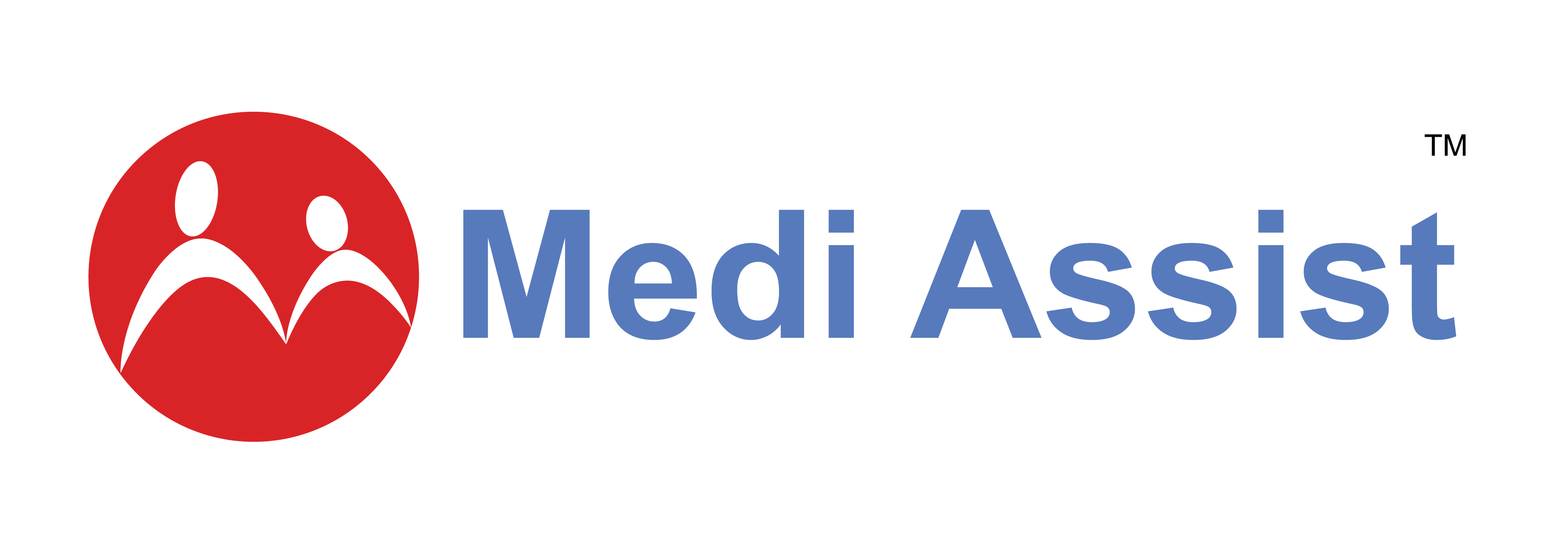Given the imperativeness of health insurance claims, the paperwork that goes into it is equally important. They are crucial in verifying the claimant’s identity and establishing the credibility of the claim. Submission of essential documents ensures a hassle-free and quick process.
Why Are Hospital Documents Important?
The primary purpose of hospital documents while submitting a claim is for the insurer to verify the claim, confirm the disease, understand its accuracy, decide the coverage amount, and accelerate payment.
Properly organising documents eases access to necessary details, like policy number, contact information, and incident details. It helps file claims accurately and efficiently.
What Are the Documents Required?
Proof of Identity: For the insurer to confirm your identity, age, and other personal details. Most accepted documents are Aadhar Card, Passport, Driving License, Voter’s ID, and PAN Card, and member ID card issued by your insurer/TPA.
Claim Form Part B: (For reimbursement claims) A formal document consisting of details of the insured, treatments done, hospital, etc.
For pre-authorisation claims, the hospital fills the claim form with the patient’s details, like name, age, member ID), admission or procedure date, estimated length of stay , if it is a planned treatment or surgery, and the estimated cost. For reimbursement claims, the insured/customer completes Part A of the claim form with patient details, policy number, duration of hospitalisation, claim amount, and their bank details for payment. Part B will be filled by the hospital, which includes doctor’s information (name, qualification, registration number), diagnosis, treatment provided, patient history, and hospital details.
Medical and Investigation Reports: A summary of medical tests, examinations, and other procedures conducted as part of diagnosis or during the course of treatment.
Prescriptions: Prescriptions for medicines and examinations recommended by doctors.
Discharge Summary: Summarises your treatment; everything from patient information, the care you received, to follow-up care.
Original Bills: (For reimbursement claims) Produce bills and other records of money spent in the hospital, like proper pre-numbered cash paid receipt against final bill
Pre-Authorisation Form: (For Cashless Claims) Hospital’s form requesting pre-authorisation of cashless claim.
Treatment Estimates: (For Cashless Claims) An estimate of estimated treatment costs from the hospital.
Conclusion
Staying aware of all the documents necessary to file for a health insurance claim and keeping them ready on time is vital in ensuring smooth claim processing. Make sure you validate these documents to rectify any mistakes, reducing delays in processing.








